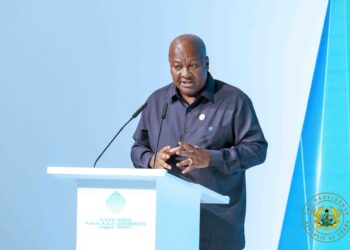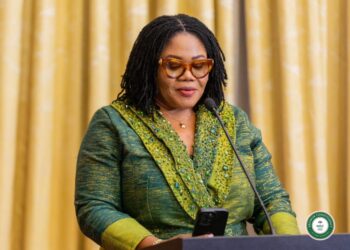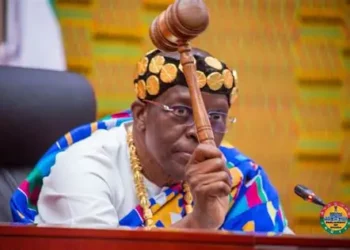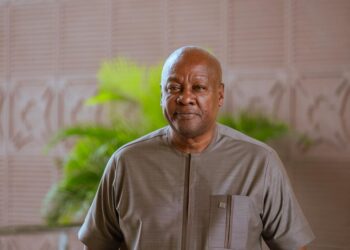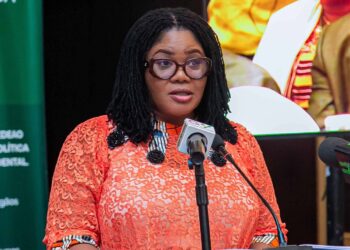Minister for Energy and Green Transition, John Abdulai Jinapor, has declared that Ghana’s energy supply has significantly improved, signaling a major step away from the recent wave of nationwide power outages, widely known as dumsor.
Addressing the nation on the second day of the Government Accountability Series in Accra, Mr. Jinapor said the government’s decisive actions have begun to reverse months of instability in the power sector, bringing consistent electricity to homes and industries across the country.
“We can confidently say that Ghana’s energy sector is indeed showing strides of stabilization and improvement, driven by ongoing reforms, aimed by addressing both technical and financial challenges as well as modernizing infrastructure. the persistent erratic power outages that had plagued the country when we assumed office during the beginning of the year has witnessed a remarkable improvement and reliable supply of power and you [Ghanaians] can attest to that,” he stated.
For months, Ghanaians endured power cuts that disrupted livelihoods, halted business operations, and stirred nationwide frustration.
The resurgence of ‘dumsor’—a term that evokes painful memories of prolonged blackouts in previous years—had raised serious concerns about the state of the national grid and the government’s ability to respond.
Hospitals, schools, small businesses, and households were all affected, with citizens frequently forced to resort to generators or endure hours without electricity.
The economic toll mounted as some factories scaled down operations and digital services faced interruptions.
But according to the Minister, recent reforms have targeted both the technical and financial inefficiencies within the energy sector.
These include enhanced maintenance of generation plants, improved coordination between power producers and distributors, and the injection of funds to clear outstanding debts within the energy value chain.
Mr. Jinapor also emphasized that the gains made must be protected, and pledged that the Ministry would continue implementing sustainable reforms, including the integration of renewable energy and long-term planning to prevent a return to crisis.




























